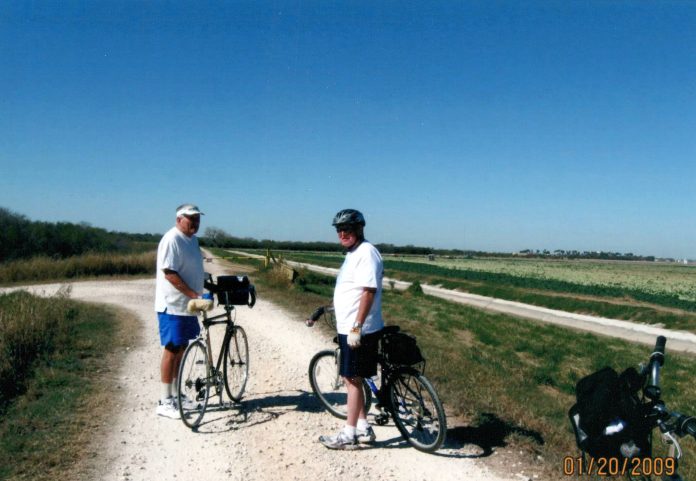Stroke Awareness Month
Earl Lee – Patient Story
More than half a million Americans survive a stroke each year and one in four will suffer a secondary stroke. Of all the strokes suffered annually, 75% occur in people age 65 and older. Enter Earl Lee, an 84-year-old grandfather and active community volunteer, and three-time stroke survivor.
Earl first saw the impact of a stroke 20 years ago when a close friend experienced one. After witnessing the hardships his friend endured during her recovery, Earl felt compelled to help. He began volunteering with the United Stroke Alliance, a global, non-profit organization located in Earl’s hometown of Peoria, IL, dedicated to uniting and educating people about stroke prevention, awareness, and recovery.
As a volunteer, Earl assisted with fundraising efforts, distributed informational resources on stroke awareness, spoke to schools and public venues about the signs and symptoms of stroke, and attended the United Stroke Alliance’s various stroke camps. The stroke camps provide stroke survivors and caregivers the opportunity to spend the weekend together enjoying a variety of activities, games and more. Little did he know, he would be the one benefiting from these services one day.
In January 2014, Earl suffered his first stroke, which was only discovered because he experienced a sudden lack of memory. While at the hospital his doctors were unable to diagnose a cause of the stroke. Shortly after, Earl suffered a second stroke, which temporarily affected his vision. Even after two strokes and countless tests and follow-ups with both cardiologists and neurologists, Earl’s care team could not diagnose the root cause of his strokes.
While the answers evaded him, Earl felt that it was best to keep himself busy and carry on with his service for others. Alongside his wife, Carol, Earl continued volunteering with the United Stroke Alliance, and stayed active in his free time golfing and cycling.
Though still without answers, over time, Earl’s health issues seemed to be a thing of the past. That changed in December 2023 when he became extremely dizzy to the point where his wife called 911. This would be Earl’s third stroke. Like the previous two, Earl survived, but a cause for the stroke could still not be determined. With the possibility of the strokes being caused by an underlying heart rhythm abnormality − such as atrial fibrillation − doctors prescribed Earl a 30-day heart monitor to be worn on his chest to detect any abnormalities. Unfortunately, it yielded no results.
On January 2, 2024, Earl had a Medtronic Reveal LINQ™ insertable cardiac monitor – about one-third the size of a AAA battery – placed just under the skin in his chest, which would give Earl’s care team the ability to continuously monitor his heart for up to several years if needed. With every heartbeat recorded over a longer duration of time, this new device gave Earl peace of mind and restored hope in his search for answers.
“I feel confident now that if something does happen again, they’ll know why,” said Earl.
Today, Earl spends time with his grandchildren, volunteers at his church and continues his service to fellow stroke survivors and caregivers with peace of mind. As a three-time stroke survivor, Earl feels a responsibility to share his story with others and make people aware of the signs and symptoms.
Always talk to your doctor about risks, diagnosis, and treatment information.
For more information on stroke signs, symptoms and solutions, visit https://unitedstrokealliance.org/.
To learn more about the LINQ family of ICMs, visit: https://www.medtronic.com/us-en/patients/treatments-therapies/insertable-heart-monitors/getting-monitor.html
For important safety information about the LINQ family of ICMs, visit: https://www.medtronic.com/us-en/patients/treatments-therapies/insertable-heart-monitors/getting-monitor/important-safety-information.html
























